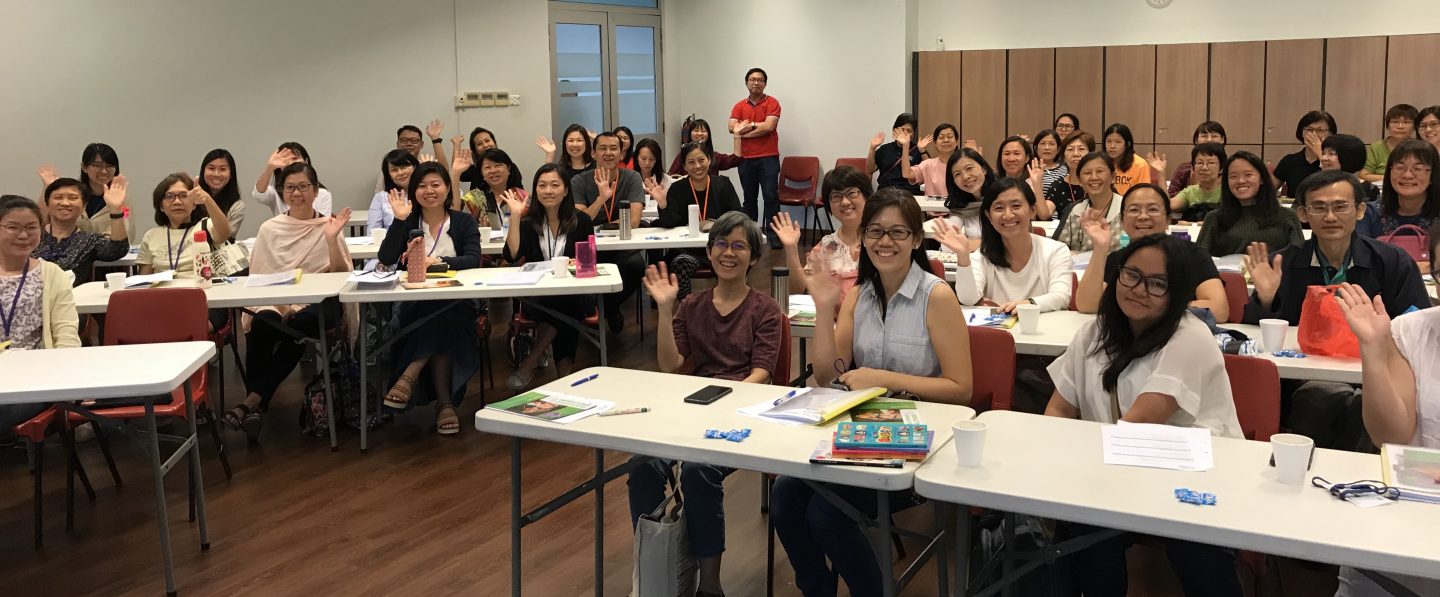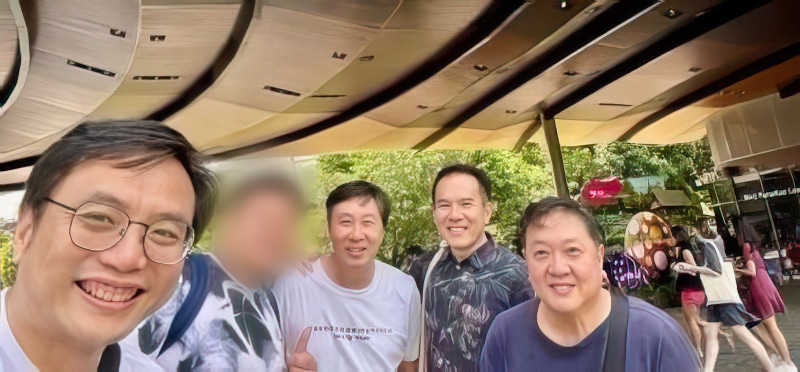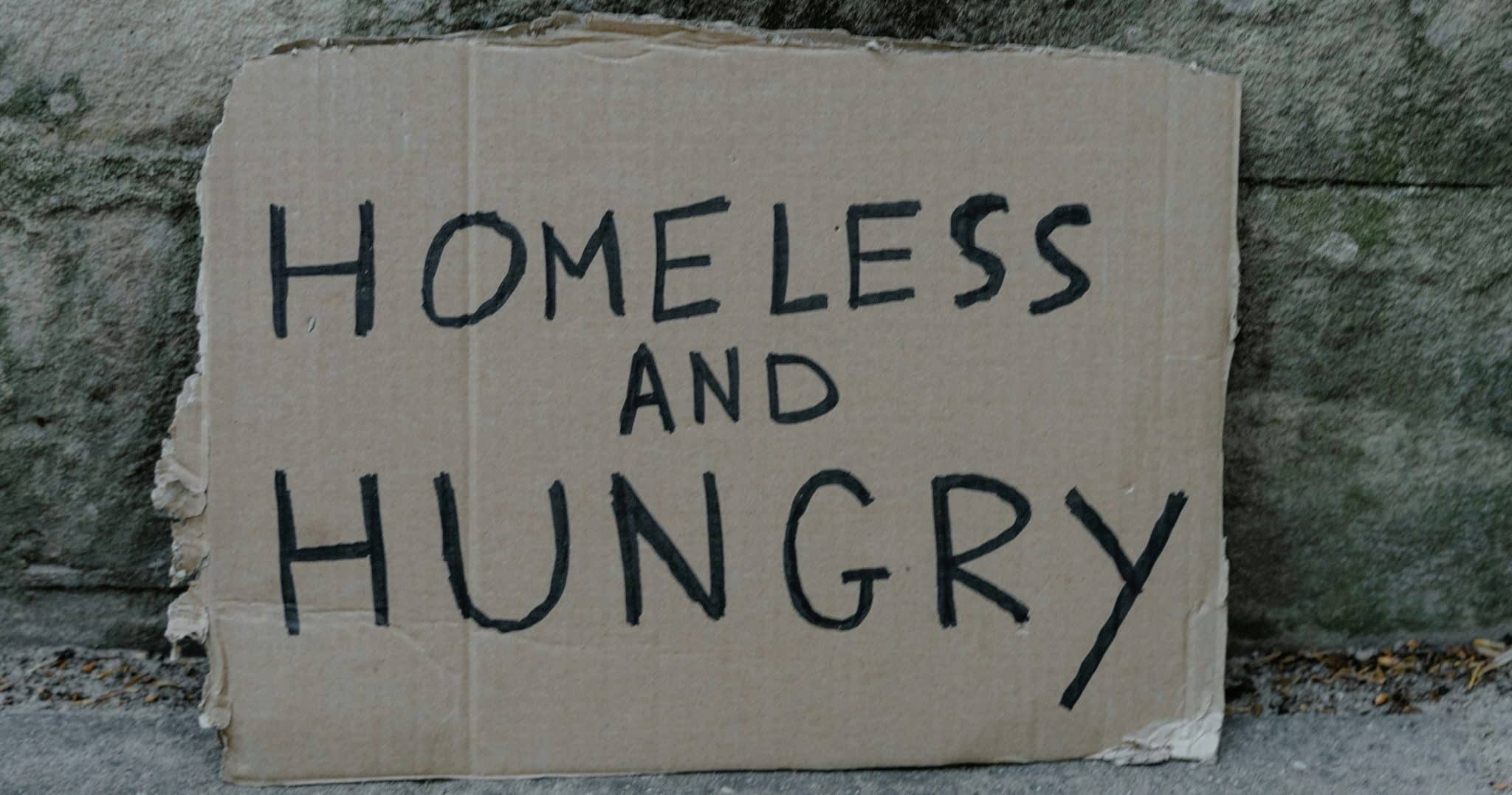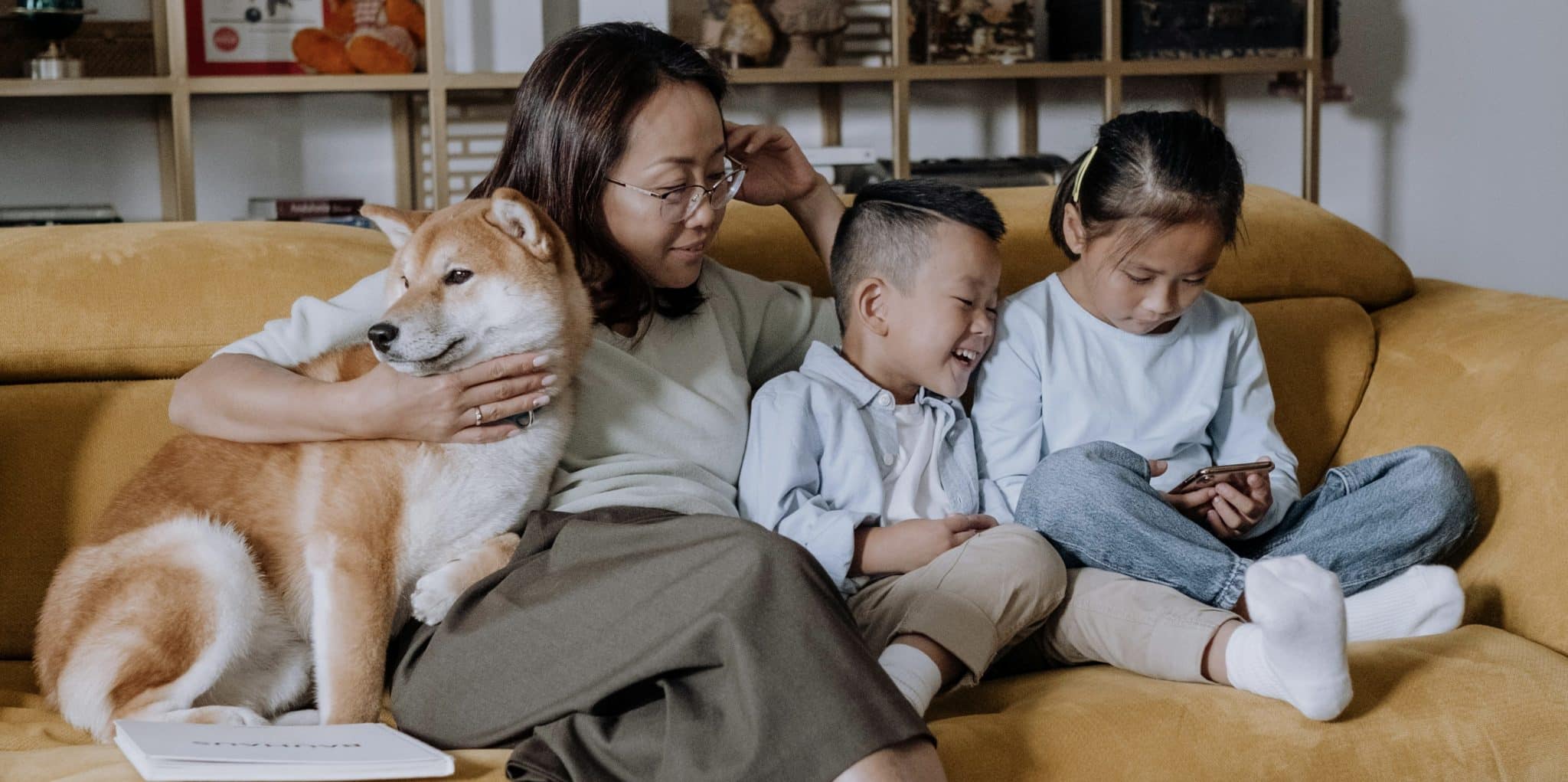New course launched to help churches build disability-inclusive communities
by Gracia Lee // May 18, 2020, 1:26 pm

People who are different often find themselves unwittingly excluded as Churches do not know how to meet their unique needs. Photo by Christopher Rusev on Unsplash
When Peng Beng Tian’s son, who has Down Syndrome, began attending Sunday School, his teachers struggled to get him to cooperate with the rhythm of the class.
He was the only child with special needs in the whole class, said Peng, a student at Singapore Bible College.
“I believe all churches would like to be inclusive by welcoming families with special needs children.”
At the request of the teachers, Peng and his wife accompanied their son for classes. “Feeling frustrated, my son was moving around during the lesson and was distracting the rest of the students.
“As it turned out, my son was lost.”
It was after a year that they realised that the programme was not tailored to his ability to learn.
When they gave this feedback to the teachers, they were told that no teacher among them was trained in ministering to children with special needs.
While it probably wasn’t the church’s intention, the Pengs felt that “perhaps they were expecting us to find another church where there was a ministry for special needs children”.
Equipping churches for inclusivity
Like Peng and his family, many with disabilities often find themselves unwittingly excluded from the church community as they have unique needs that the Church does not know how to meet.
This is a gap that a new course, the Certificate of Christian Disability Ministry (CCDM), is hoping to fill: Equipping churches and its members to build disability-inclusive communities.
It is a collaboration between Koinonia Inclusion Network (KIN), Scripture Union Singapore and the Biblical Graduate School of Theology. KIN advocates for disability-inclusive church communities.

Participants at last year’s pilot workshop for Sunday School teachers, organised by Koinonia Inclusive Network and Scripture Union Singapore. Photo courtesy of Jesselyn Ng.
It comprises three modules that seeks to educate believers about the theological, pastoral and practical aspects of caring for people with physical, intellectual and learning disabilities. Each module is two days long
The first module provides an introduction on people with disabilities, disability theology and the disability sector. It will be held on August 8 and 15. Registration opens today May 18, 2020. (Details at the end of story.)
It will cover eight topics, including key issues in disability, social support networks and what it is like experience disability. Due to the coronavirus pandemic and safe distancing measures, the module, will be conducted online. The module costs $175 per person.
The other two modules will be held at later dates. One will equip Sunday School teachers to create an inclusive learning environment and curriculum for children with special needs. The other will provide theological insights and skills to leaders of disability ministries.
“We need them as much as we need any other parts of our body to function well. Without them, we are disabled.”
The course will be led and facilitated by trainers who have professional experience with people with disabilities.
Their ultimate goal is to make disability-inclusive churches the norm so that people with disabilities can feel welcome and catered to no matter which church they step into, said Jesselyn Ng, who oversees the programme. She is also the vice-president of KIN.
“If we see people with disabilities as part of the body of Christ, it means that, just like us, they are empowered by the Holy Spirit to build up the body of Christ (Ephesians 4:1-16).
“That means that we need them as much as we need any other parts of our body to function well. Without them, we are disabled,” said Ng, a psychologist who has been working in the disability sector for more than 10 years.
The organisers are planning to run the course yearly. And the modules do not need to be taken in chronological order as they are largely independent of each other.
“I believe all churches would like to be inclusive by welcoming families with special needs children. But if they do not have a programme for special needs children, families with special needs children will find it a challenge to stay,” said Peng, also a panelist in the course.
It is important to educate the body of Christ about people with disabilities or special needs, he added. He and his wife have heard other children make negative comments about their son. They have also noticed parents who are afraid that their son will hurt their children.
These reactions are a result of a lack of knowledge about people like his son, guessed Peng. He added that perceptions can be changed with a better understanding of people with special needs.
Want to build a disability-inclusive church?
The Certificate of Christian Disability Ministry programme consists of three modules:
1. Knowing People with Disabilities. This module provides an introduction to people with disabilities, disability theology and the disability sector.
2. Sowing Among Children with Disabilities. This module teaches Christian education teachers how to create an inclusive learning environment and curriculum for children with special needs.
3. Growing Disability Leaders. This module aims to provide leaders of disability ministries with the necessary theological insight and know-how to effectively lead their ministry.
The following eight topics will be covered in Module 1:
- What is Disability?
- Key issues in Disability
- Dialogue: Families’ Perspective of Disability
- Social Support Networks for Disability in Singapore
- Types of Disability
- Experiencing Disability
- Dialogue: Living with Disability
- Disability in Adulthood
Module 1 costs $175 per person and will be held online on Aug 8 and 15. Click here for more information, or sign up here.
How do we enable differently abled persons to be full participants in the community of faith?
Beyond access ramps, “Let Us Consider” how to truly include the differently abled
We are an independent, non-profit organisation that relies on the generosity of our readers, such as yourself, to continue serving the kingdom. Every dollar donated goes directly back into our editorial coverage.
Would you consider partnering with us in our kingdom work by supporting us financially, either as a one-off donation, or a recurring pledge?
Support Salt&Light



